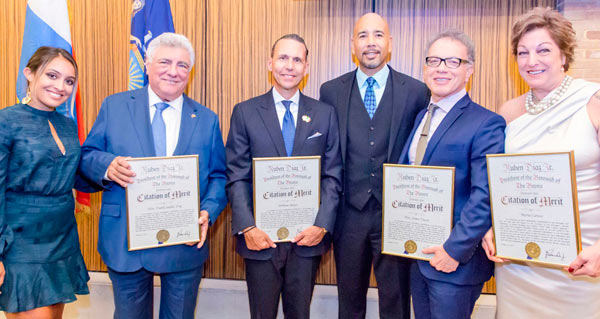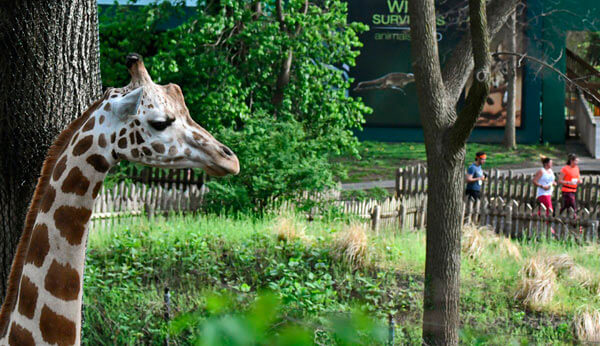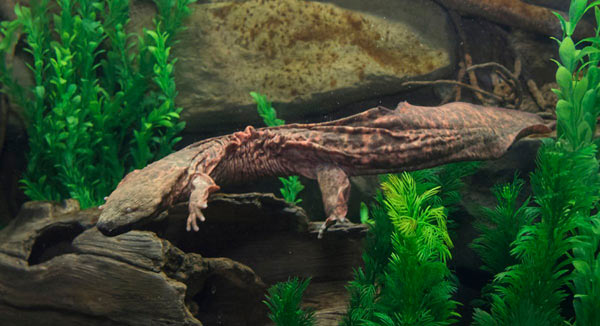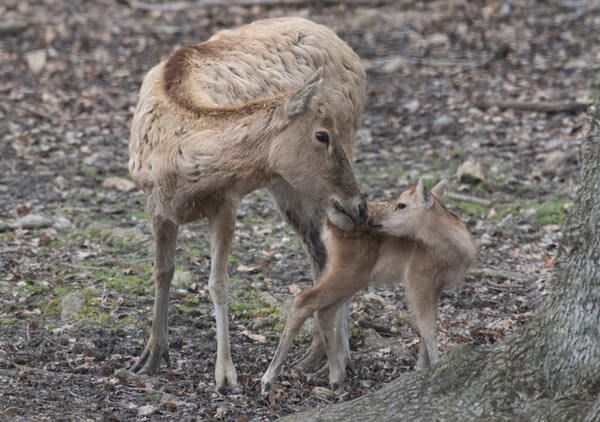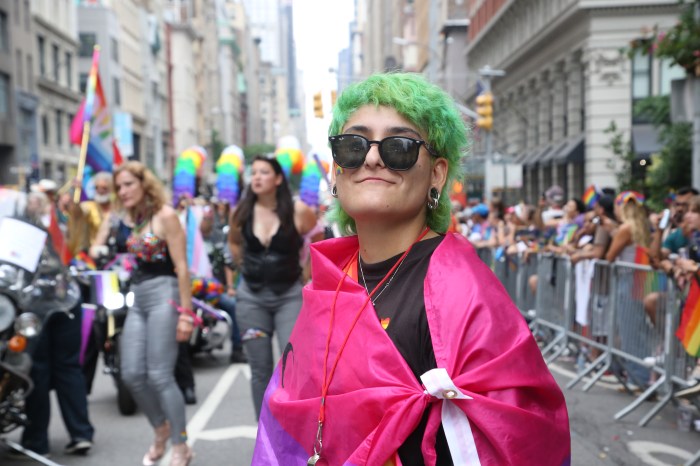Not even New York City’s wildlife is safe from COVID-19.
A four-year-old female Malayan tiger at the Bronx Zoo contracted COVID-19 from an asymptomatic zoo employee while six other jungle cats also fell ill, the Wildlife Conservation Society announced yesterday evening.
The tiger, Nadia, began showing signs of sickness eleven days after the zoo’s Monday, March 16th closure and was tested out of “an abundance of caution,” according to WCS.
Nadia is the first tiger to contract COVID-19, according to the United States Department of Agriculture, which tested Nadia in an Ames, IA laboratory.
“It is not known how this disease will develop in big cats since different species can react differently to novel infections, but we will continue to monitor them closely and anticipate full recoveries,” the zoo said in a release.
Nadia’s sister tiger Azul, two Amur tigers, and three African lions each developed a dry cough and appetite suppression as part of their own respiratory illnesses, but are “doing well under veterinary care and are bright, alert, and interactive with their keepers,” and are also expected to recover, according to WCS.
“Appropriate preventive measures are now in place for all staff who are caring for them,” the zoo stated.
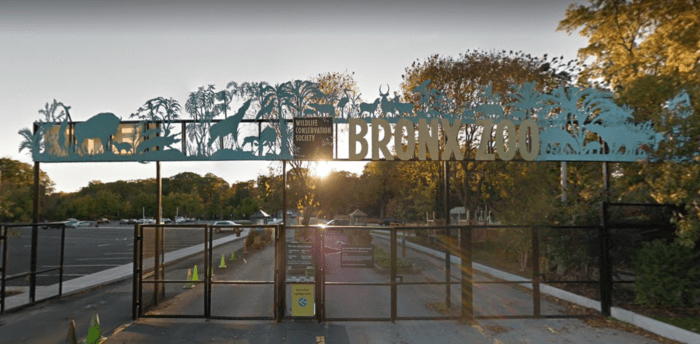
Each of the afflicted tigers live in close confines to one another within the Bronx Zoo’s Tiger Mountain exhibit while tigers at another exhibit along with the zoo’s snow leopards, cheetahs, clouded leopard, Amur leopard, puma or serval are not showing symptoms of illness.
The zoo also stated that “there is no evidence that animals play a role in the transmission of COVID-19 to people other than the initial event in the Wuhan market, and no evidence that any person has been infected with COVID-19 in the US by animals, including by pet dogs or cats.”
Meanwhile, the USDA indicated “there have not been reports of pets becoming sick with COVID-19 in the United States.”
Despite this uncertainty over inter-species transmission, caution is urged, and it remains recommended that people sick with COVID-19 limit contact with animals until more information is known about the virus.

















